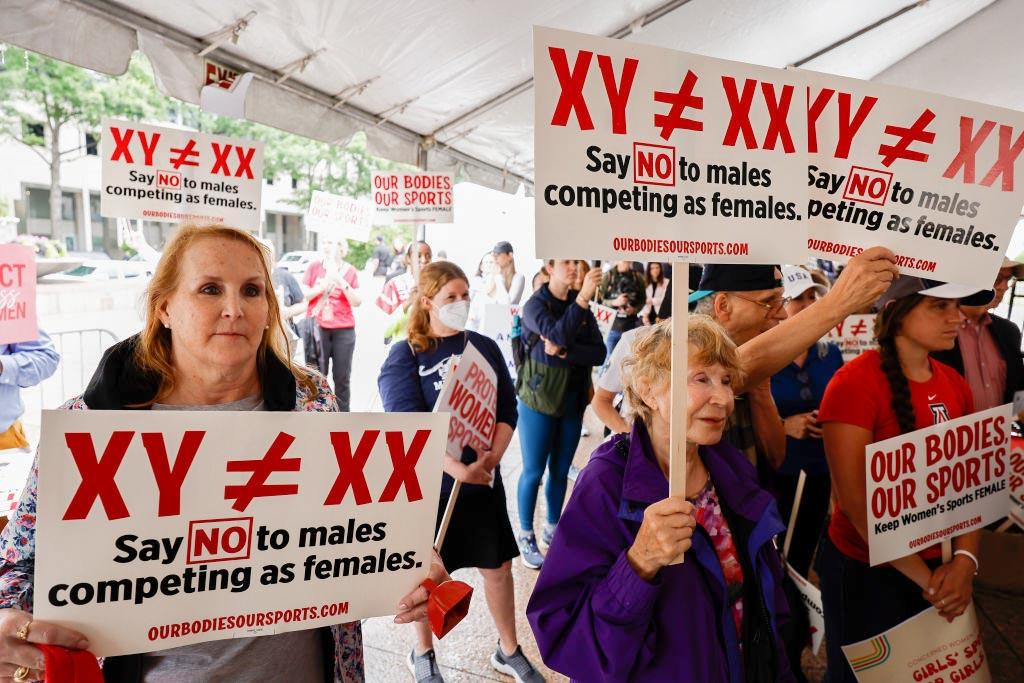Following a week-long trial in early June, U.S. District Court Judge Karin Immergut ruled on July 14 that Oregon’s voter-approved gun safety laws are constitutional under the United States Constitution.
On July 17, lawyers for the gun rights groups who challenged the measure filed a notice of their plans to appeal the judge’s ruling.





